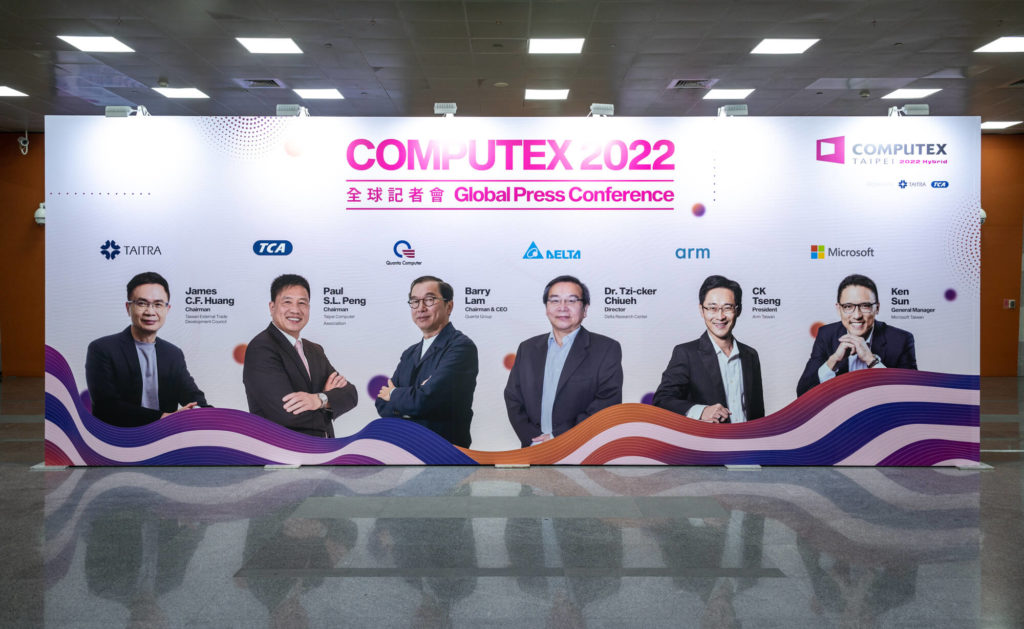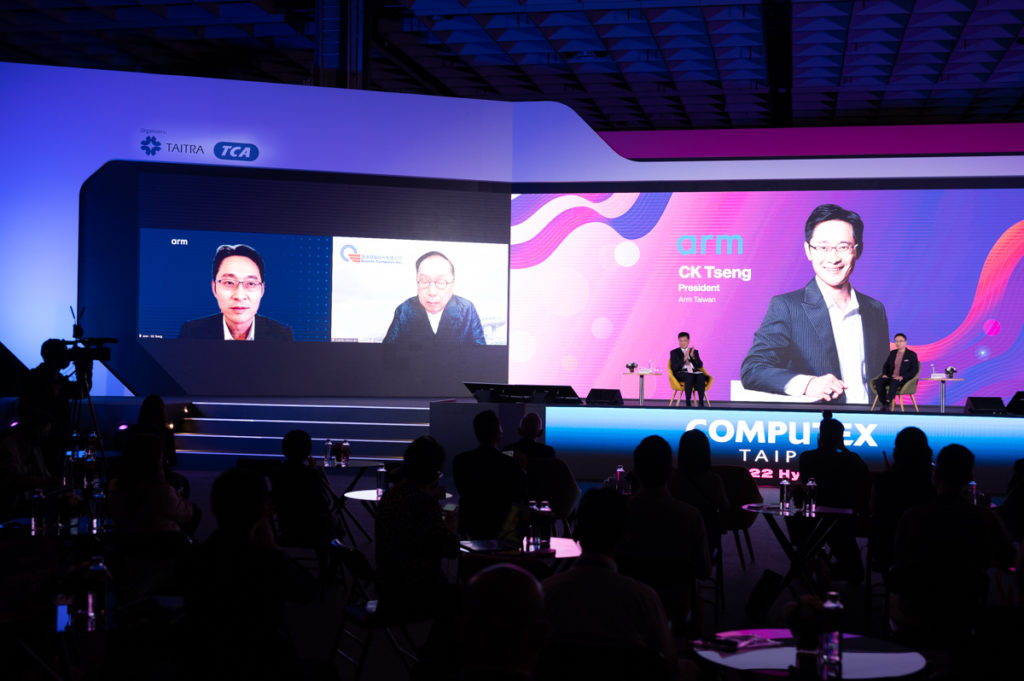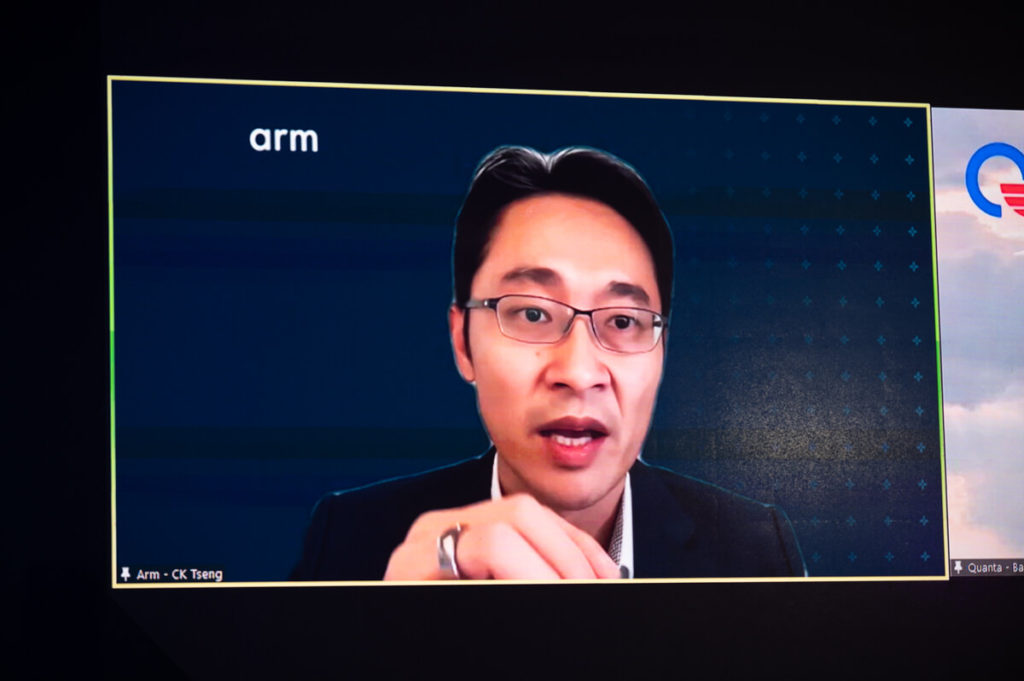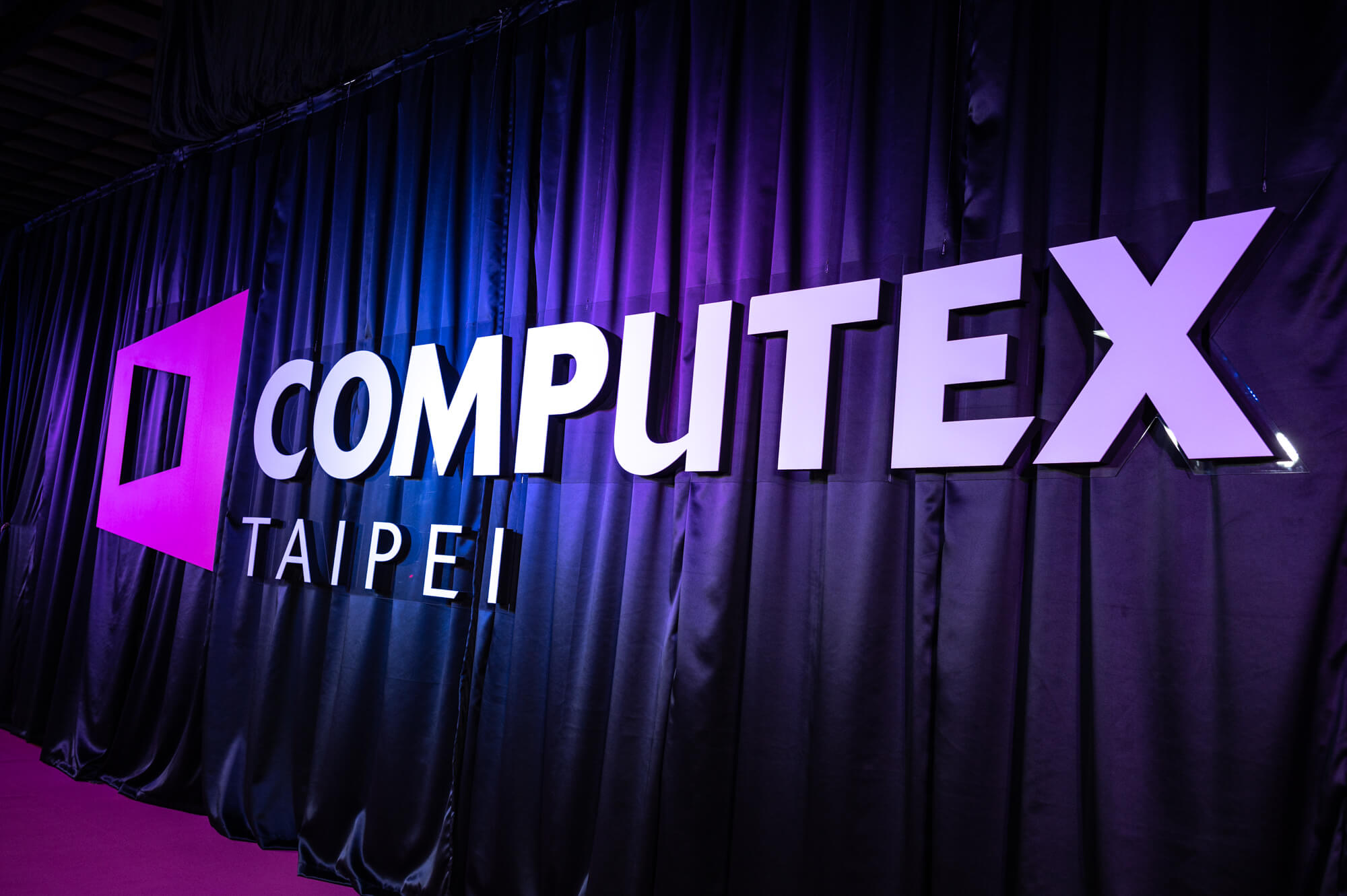COMPUTEX TAIPEI, one of the world’s largest computer trade shows, will take place physically and virtually this year from May 24 through to May 27, alongside the 2-week COMPUTEX DigitalGo Online Exhibition organized by TAITRA.
Kicking things off, the COMPUTEX 2022 Global Press Conference was held with a panel of tech leaders at the Taipei Nangang Exhibition Center on May 23. CK Tseng, President of ARM Taiwan, addressed how the ICT industry – more specifically ARM Technology – can turn the challenges of the pandemic into opportunities to create a better future with digital technologies.

Impact of the Global Pandemic on the Tech Industry
The COVID-19 pandemic has changed the ways in which people live, work, and play. Tseng weighed in specifically on the pandemic’s impact on the tech industry.

“When encountered with a situation like this, you will regret it if you did not set up lights out factories, unmanned warehouses, or smart retail. Such use cases require a lot of computing and AI. ARM, as the most progressive computing platform, needs to find a new way to serve our partners who already employ our solutions – from AI sensors in the Amazon rainforest to track animal behaviors to the data processing units installed in data centers.” Tseng explained.
Raising the example of supply chain problems brought about by the pandemic in China, Tseng emphasized the importance of automated and intelligent systems in today’s tech-driven world.
ARM’s Business Models to Support Global Partners and Startup Communities
To support its partners’ technological innovations, ARM focused on adapting its business model from a traditional “a-la-carte” model in which customers order what they want before ARM delivers their IP technology, to the new Arm Flexible Access (AFA).

AFA, which represents a “buffet-style” business model, enables ARM’s partners to accelerate their innovation by providing up-front, no-cost, or low-cost access to a wide range of ARM IP, tools, and training. Partners can experiment and design with the entire portfolio; license fees, if any, are only due at the point of manufacture and calculated only on the IP included in the final SoC design.
Tseng went on to introduce AFA for Startups as part of ARM’s commitment to supporting early-stage silicon startups with limited funding. AFA for Startups provides no-cost access to IP, tools, and training, and is backed with support from ARM and the ARM ecosystem.
Tseng also shed light on ARM’s partnership with third-party channel partners to drive better engagement to increase the service levels accorded to its AFA partners. AFA and AFA for Startups combined, ARM has already seen more than 20 licensees in Taiwan and will expect to see even more demand from the community.
In addition to these new business models, ARM, in collaboration with ITRI and the Industrial Development Bureau (IDB), created a platform called IC design platform to service the global startup community most of which are not granted access to backend design services that are often crucial.
Unlocking Potential and Redefining the Future of Computing
“There are tons of unlocked opportunities – but we, together, are liable to work cohesively to leverage digitalization and unlock the potential of human beings with strengthened digital resilience” Tseng concluded.
Working with its partners to redefine the future of computing, ARM will continue to deliver technology that will address and efficiently tackle the demands of AI, autonomous systems, cloud computing, the Metaverse, and more.





